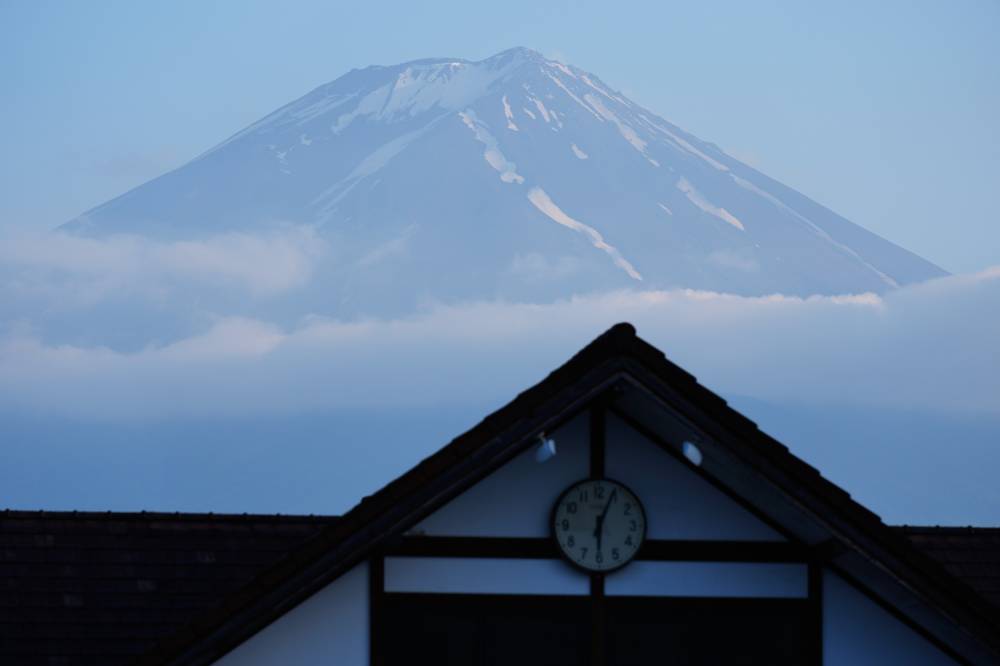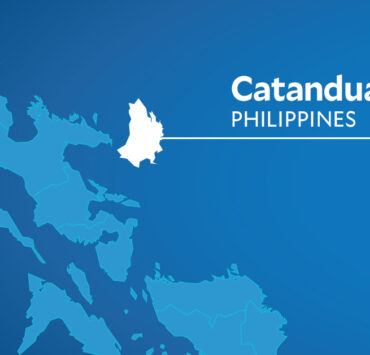Locals protest tourism promotion of Mt. Fuji bridge

A local government’s decision to promote a bridge as the perfect spot for an Instagrammable shot of Mt. Fuji has backfired, with residents up in arms about disruptions caused by people looking to get the shot of a lifetime.
The location known as “Mt. Fuji dream bridge” in Fuji, Shizuoka Prefecture, was envisioned as a tourist draw that would be a boon to the area. Instead, it has brought complaints from residents about illegal parking and excessive noise.
On a clear day in April, more than 50 people were lined up to take photos at a staircase that has gone viral for appearing to lead directly up the 3,776-meter mountain, Japan’s tallest.
‘Really troublesome’
Zhu Yihao, a visitor from Shanghai, China, said he hoped to capture some “beautiful and unique” photos at the location.
Built in 2016 to connect two major public roads, the bridge now attracts around 1,000 people on some days.
The city government’s website encourages visitors to share photos taken at the place on social media, but at the same time urges them to take pictures quietly. It also has posted signs around the area warning tourists in several languages and provides free parking.
But these efforts have proved ineffective, as illegal parking and trespassing on private property in a nearby residential area continued, prompting local residents to install signs warning visitors off.
‘Prioritize residents’
“It’s really troublesome because travelers speak loudly from early in the morning,” one local woman complained, while another questioned if there is a single resident who thinks the tourist attraction is worth the trouble.
A similar problem plagued another popular Mt. Fuji photo spot in neighboring Yamanashi Prefecture, where fences were temporarily erected in front of a convenience store to prevent jaywalking by tourists trying to capture images of the iconic mountain towering above it.
Yoshihiro Sataki, a professor of tourism at Josai International University, criticized the city’s response as insufficient, saying, “It is the role of a local government to prioritize the lives of residents and urge tourists to show restraint.”
Sataki added the central government, which promotes inbound tourism as a key pillar of economic growth, needs to provide financial and other support to local authorities to respond to such challenges, noting that overtourism is becoming a significant problem for those living in places that have become major draws.

















